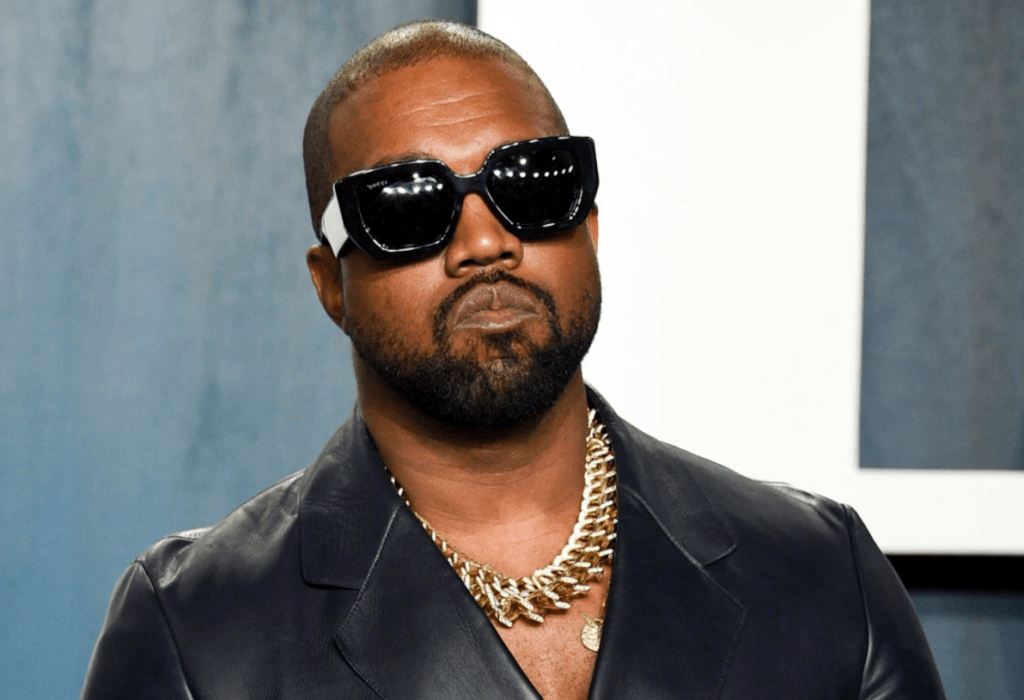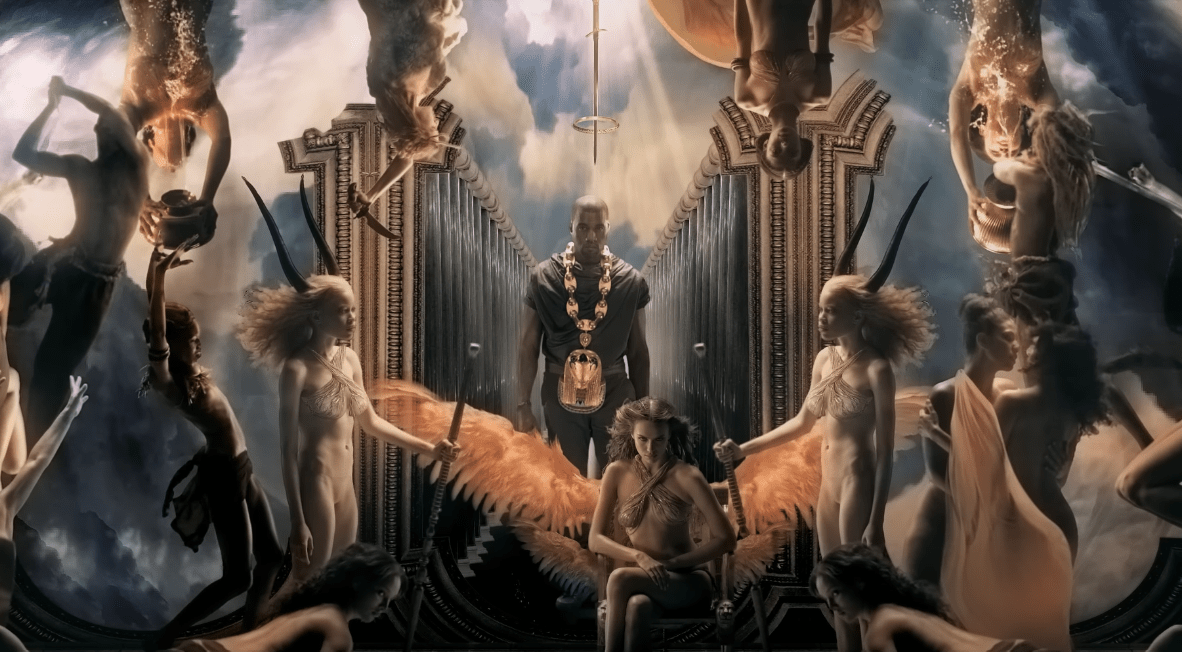
YE formerly (Kanye West) still remains one of the most controversial figures in music and culture today, with both fans and critics offering nuanced—and sometimes conflicting—views on his enduring impact.
Fans’ Perspective
Many of Ye’s loyal fans see him as an ever-evolving visionary whose boundary-pushing creativity solidifies his cultural legacy. These supporters admire his fearless reinvention from one musical era to the next—from the soulful samples of his first studio album “The College Dropout” to the experimental landscapes of his albums “My Beautiful Dark Twisted Fantasy” and “Yeezus”.
For these fans, Ye is not just a musician; he’s a provocateur who challenges the status quo in both music and fashion. His fearless strides into areas like fashion with his Yeezy brand further testify to his influence, inspiring younger generations to blur the lines between art, design, and self-expression. To his die hard supporters, Ye’s willingness to take risks—whether on stage, in the studio, or on social media—underscores a continually fresh cultural footprint that refuses to dim with time.
Critics’ Perspective
Critics, by contrast, often adopt a more measured tone when assessing Mr. West’s cultural impact today. While there is broad consensus that his contributions to music production and his role in reshaping modern hip hop are historically significant, many worry that his more controversial behaviors have tainted this legacy. Some critics argue that his outspoken public statements and erratic moments can detract from an otherwise revolutionary artistic vision. They raise concerns over whether the disruptive elements of his persona hinder a more balanced evaluation of his work. Even so, many acknowledge that, irrespective of his personal controversies, Kanye’s pioneering techniques and relentless pursuit of innovation have left an indelible mark on the music industry.

His Dual Legacy
What makes Kanye West particularly fascinating is the duality in how his cultural impact is perceived. Both fans and critics, despite their differing lenses and ages, agree on one fundamental point: his influence is undeniable. His work continues to spark dialogue—not only among music enthusiasts but also within broader cultural and social contexts. This persistent albeit less intense debate is a testament to his ability to stay relevant in a fast-changing cultural landscape. Whether trying to always reinterpret the boundaries of hip hop or attempting to influence mainstream fashion trends, YE has created a legacy that stimulates both adoration and controversy.
TAKE THE POLL
What Does The Future Hold?
Today, Ye’s cultural footprint is a study in contrasts. What remains consistent is that Kanye West continues to be a central figure in cultural conversations—his work provoking thought, debate, and, most importantly, a continual redefinition of what it means to be a cultural influencer.
Ye has demonstrated a profound understanding of the influencer economy, leveraging controversial tactics to capture public attention and demand unwavering engagement from his audience. For over a decade, this strategy has served him well, particularly when timed to coincide with the release of a new album. However, in recent years, this approach appears to have reached its limits. His inflammatory remarks targeting fellow celebrities, an unusual preoccupation with Adolf Hitler, and the sale of apparel featuring swastikas have seemingly tested the patience of even his most loyal supporters.

Nevertheless, Ye’s actions have sparked a broader conversation about the boundaries of free speech, particularly among younger audiences. His posts on X (formerly Twitter) have provoked discussions on the role of social media in assessing the public’s tolerance for controversial and unpopular opinions. Although discourse around his new music has waned, Ye continues to generate debate on the complex relationship between artistic expression and personal conduct.







